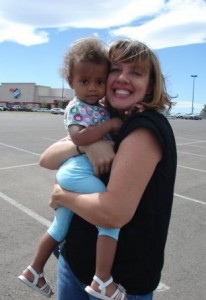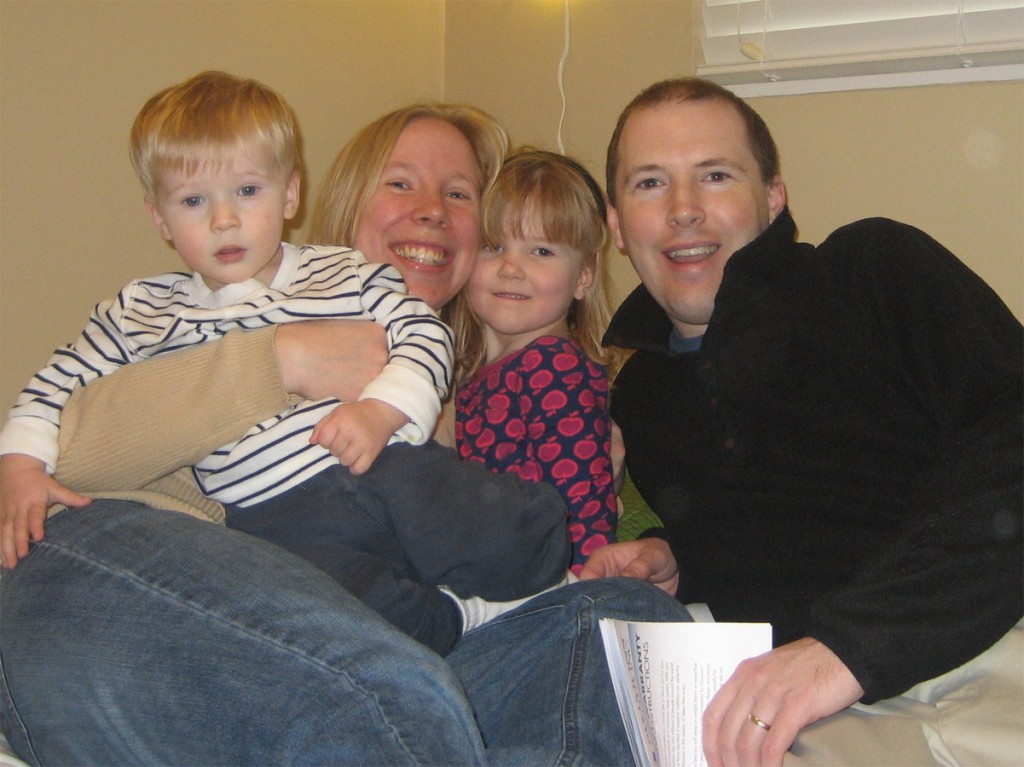To be filled with life is something. To be pregnant with a growing little miracle of science and nature in your belly is beautiful. To lose a pregnancy is sad. The feeling is surrounded with so many emotions. Guilt, loss, nothing, emptiness, aching, breaking, bending into shadows dark. I had to take a break today and submerge myself in some creative work. I wanted to shake this feeling of empty. Shake it loose from the empty box it resides in now. Like a box with nothing inside. Just invisible strings connecting back to my heart. I don’t know how to put it in words so I am not going to worry about using dazzling adverbs or catchy phrases, but they may just happen to come out that way. I just want to write a post about it.
There are so many women out there feeling this same feeling today, yesterday, tomorrow. It covers me like a vine nobody can see. Much like a bean pole vine grasping to anything its tendril can reach.
 Photo by memomuse – “Bean Pole Vines in My Garden”
Photo by memomuse – “Bean Pole Vines in My Garden”
Something sturdy, mounted in dirt, standing upright. This vine of sadness can’t grasp onto nothing. So I grasp and curl around words. Around people I trust. Around acknowledgement that it happened. That’s its over. That I need to grieve.
As my mind curls and bends in thoughts of what may have been, what was just yesterday, before the bleeding started, before the sadness erupted. Before yesterday, I was cocooning into a ball of beauty, growing inside, feelings of joy and elation surrounded me. Flowers and fruits of joy rippled in the sun.
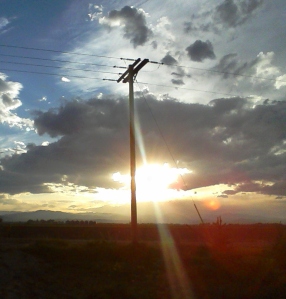 “Layers of Light” – Photo by memomuse Layers of light echoed over me, through me, around me, spinning into thick spidery webs. Now there is nothing. Just this box of invisible sadness nobody can see with the naked eye.
“Layers of Light” – Photo by memomuse Layers of light echoed over me, through me, around me, spinning into thick spidery webs. Now there is nothing. Just this box of invisible sadness nobody can see with the naked eye.
Long story short – I went to visit my dying mother in Colorado three weeks ago. The night before I left, my husband and I made love. I went home to Wyoming and Colorado where I feel the most alive and vibrant, for it is home and my place on this earth. I have been transplanted to North Carolina and I am trying to make the most of it. But back home, where I come from, just as the Kenny Chesney song sings, I love it there. On this journey where I thought I was going to say goodbye to my mother, I was surrounded by a land that knows me. That I know. That I love. This journey home, this journey to say goodbye, something magical happened. We conceived a baby. A miracle. A seed that sprouted into life. I found out last week I was pregnant. I took three home pregnancy tests and was more surprised with each positive test, as I have struggled with infertility in the past. My son is just thirteen months old. We were not actively trying to get pregnant. So it was a surprise to find out we were pregnant without even a blink of the eye, without a blink of the heart.
I took a home pregnancy test on Monday, then Wednesday, and then Saturday. All positive. The faint blue line got thicker with each test. I took a urine test at the doctor on Monday and they told me to come back in a week because it was, not without a doubt, positive, but there was a shadow line. So I took two more home tests that week, Wednesday and Saturday. And sure enough, positive. I started to feel the pregnancy symptoms, fatigue and drop to the floor tired.
I went in to take another urine test at the doctor yesterday, feeling it wasn’t needed, feeling pregnant, feeling sure a life was growing and thriving inside me. I didn’t need a doctor or lab technician to tell me I was pregnant. Something bigger happened – a life bloomed from my journey to say goodbye to my mother. How serendipitous. How miraculous. How joyous. It made the fact that my mother is dying a soft sleeve to rest on. To rejoice on. I was sure this baby was a girl and I was going to name her Eleanor Elizabeth and call her Ellie Elizabeth.
Elizabeth, named after my mother. I had visions of her soft curls, her big blue eyes, her big heart.
When I took the test at the doctor just yesterday, I noticed some blood. Frightened, I told the nurse. Then the results from the lab technician came in. The test was negative. I fumbled with my paperwork to hand to the check out clerk at the doctors. She gave me a silent nod and a sweet abbreviation of sugar, “You’re all set, Sug.” I wanted so badly to walk out the back door, nobody to see my sadness or my tears, as they began to gush. I walked past all the ripe bellies, round and plump with life.
Sometimes I wish there was a sign women going through the grief of miscarriage could wear on their back. “Please treat with kindness – grieving heart – may slumber slowly today and tomorrow and certainly the day after next.” But it is invisible. Our eyes are swollen, sad, and watered with tears only time can heal. There is no clock for this time passage. It is not an hour, a week, a month, or a year. It is a hole in our heart. We go on. And on. And hopefully you can give a hug to someone in need. Perhaps, you just don’t know. And what do you say? There are no words. Just invisible tendrils trying to clutch at something strong, sturdy. For it may be the hope of another chance at conceiving.
* This essay was written four months ago.

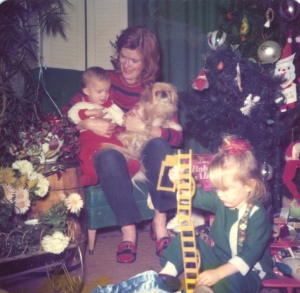
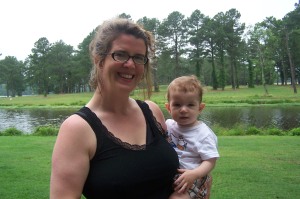
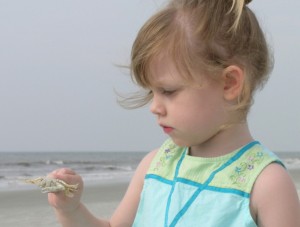 Children learn about death from many sources, but they learn about grieving from the people they love most.
Children learn about death from many sources, but they learn about grieving from the people they love most.